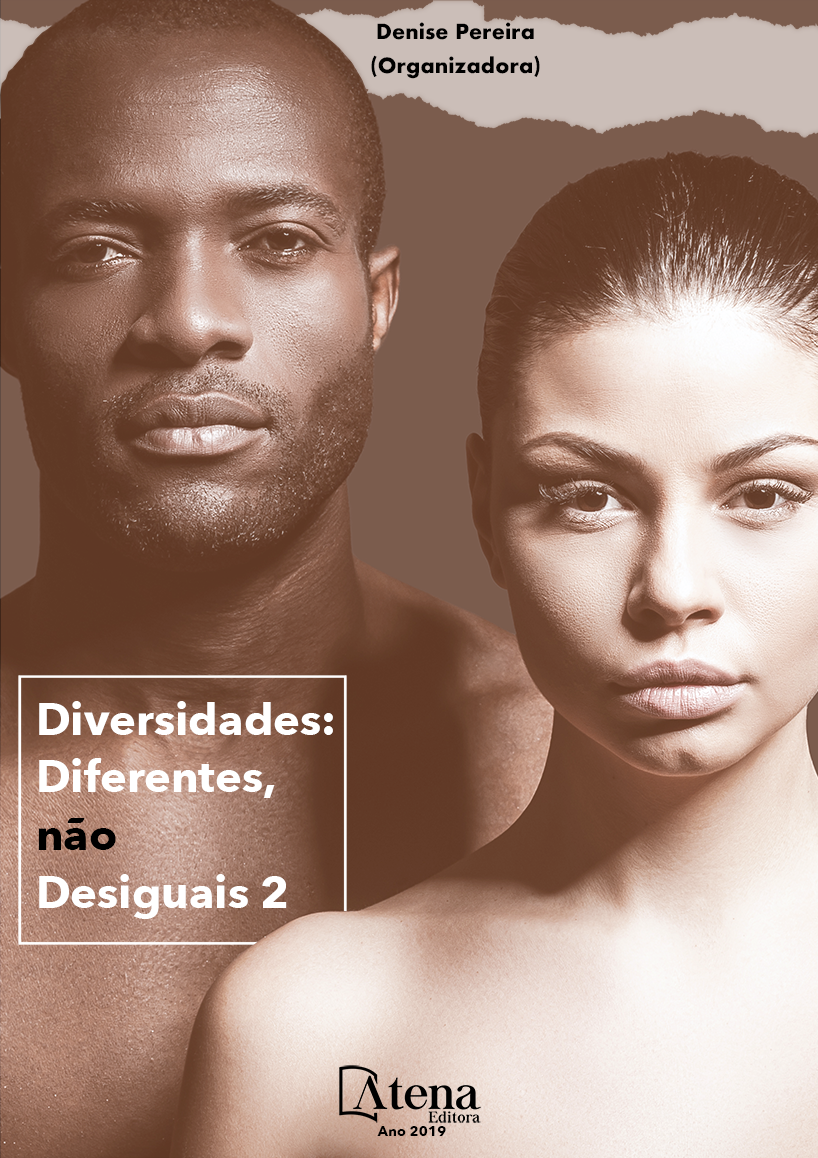
RECORTES DA SUBALTERNIZAÇÃO FEMININA EM OLHOS D’ÁGUA DE CONCEIÇÃO EVARISTO
Conceição Evaristo, renomada
escritora brasileira, figura no cenário literário
nacional e internacional com proeminentes
obras; romances poesias e contos fazem parte
da sua produção. Traduzidos em vários idiomas,
seus versos e narrativas permitem conhecer
a realidade socioeconômica vivenciada por
mulheres, pobres e negras, características que
as relegam à margem de uma sociedade que
se “pretende” democrática, porém impõe, por
ações e palavras, limites a serem respeitados
pelos seres subalternizados. O tom de denúncia
social, empregado pela autora, dialoga com os
discursos proferidos pelos (as) companheiros
(as) que militam consigo no Movimento Negro,
os (as) quais reivindicam respeito e igualdade
por questões étnicas, e no caso das mulheres
de gênero, uma vez que a inserção em uma
sociedade patriarcal impõe desafios constantes
ao ser feminino. Destaca-se as “escrevivências”
de Conceição Evaristo em Olhos D’água,
coletânea de contos, na qual a escritora
enfatiza o sofrimento de uma coletividade,
multiplamente, subalternizada pela misoginia,
racismo e preconceito social. O sofrimento,
evidenciado no título da obra, é compartilhado
pelas protagonistas das narrativas Ana
Davenga e Maria, cujos dilemas representam as
vivências de inúmeras faces, tendo em vista a
observação do ficcional a partir da realidade do
Brasil. Verifica-se, por fim, a brevidade da vida
de tais personagens, vítimas da banalização da
violência, ratificando a proposição de que a arte
imita a vida.
RECORTES DA SUBALTERNIZAÇÃO FEMININA EM OLHOS D’ÁGUA DE CONCEIÇÃO EVARISTO
-
DOI: 10.22533/at.ed.9191905025
-
Palavras-chave: Conceição Evaristo. Olhos D’água. Ana Davenga. Maria. Subalternização.
-
Keywords: Conceição Evaristo. Eyes of Water. Ana Davenga. Maria. Subalternization.
-
Abstract:
Conceição Evaristo, renowned
Brazilian writer, figure in the national and
international literary scene with prominent
works; poetry novels and short stories are
part of his production. Translated in several
languages, their verses and narratives allow
to know the socioeconomic reality experienced
by women, poor and black, characteristics that
relegate them to the margin of a society that is
“intended” democratic, but imposes, by actions
and words, limits to be respected by subaltern
beings. The tone of the social denunciation,
used by the author, dialogues with the speeches
made by the comrades who militate with them in
the Black Movement, those who claim respect
and equality for ethnic reasons, and in the case of women of gender, since the insertion
in a patriarchal society imposes constant challenges to being feminine. Noteworthy is
the “escrevivencias” by Conceição Evaristo in Eyes of water, collection of short stories,
in which the writer emphasizes the suffering of a community, multiply, subaltern by
misogyny, racism and social prejudice. The suffering, evidenced in the title of the work,
is shared by the narrative protagonists Ana Davenga and Maria, whose dilemmas
represent the experiences of countless faces, in view of the fictional observation from
the reality of Brazil. Finally, we see the brevity of the life of such characters, victims of
the banalization of violence, ratifying the proposition that art imitates life.
-
Número de páginas: 15
- Ana Caroline Genésio Rodrigues
- Maria Aparecida Nascimento de Almeida


